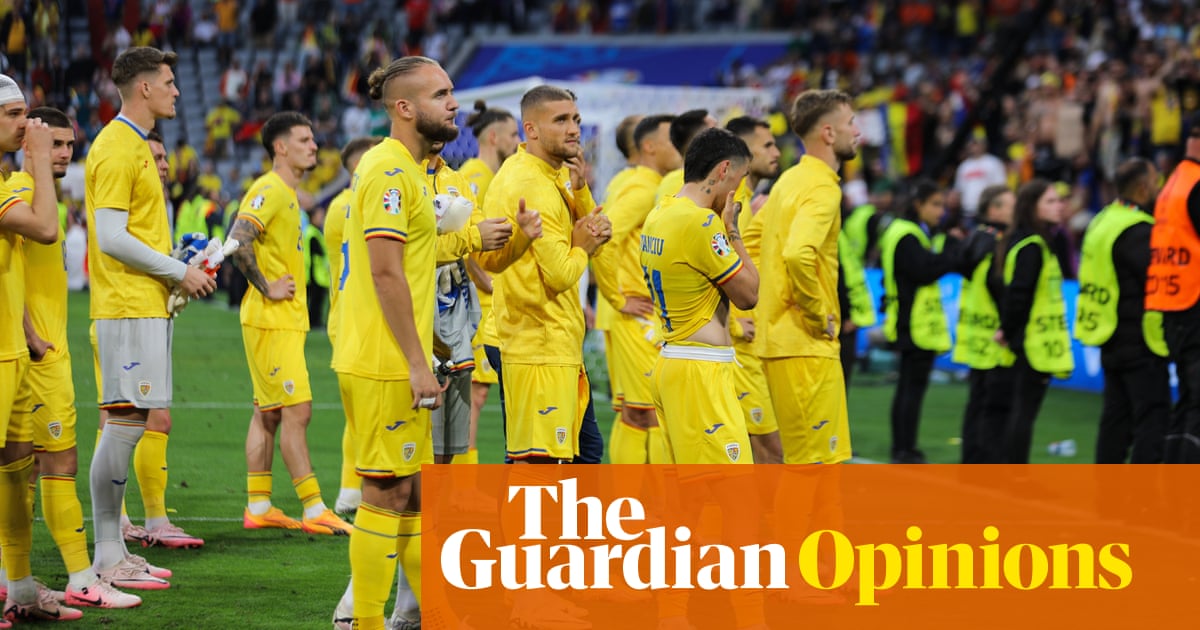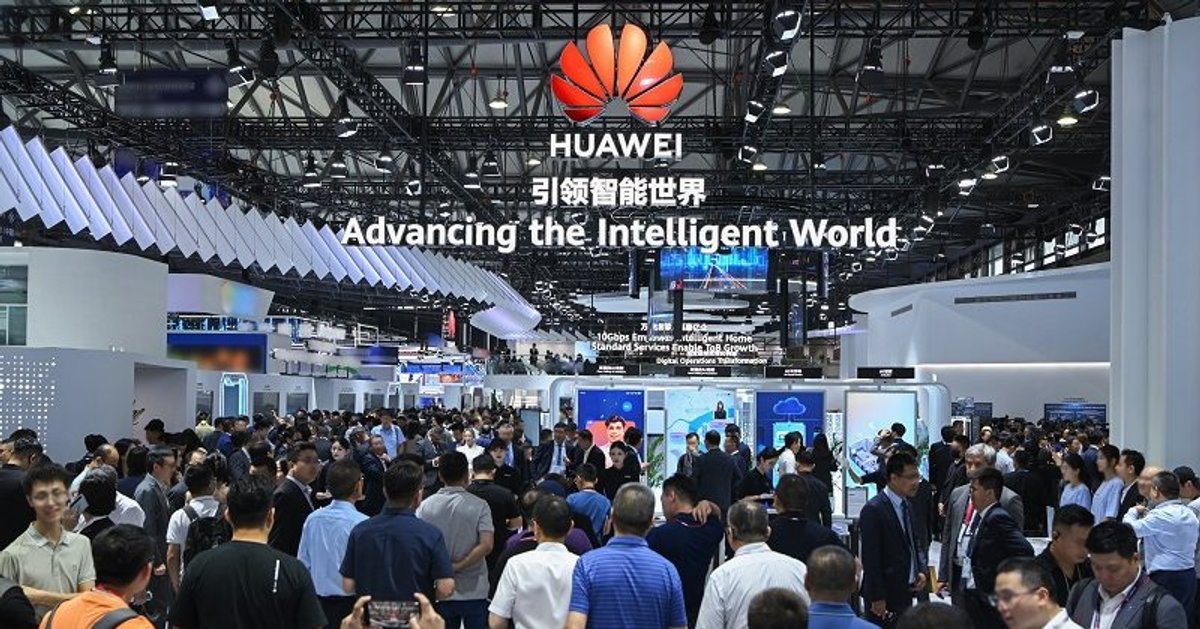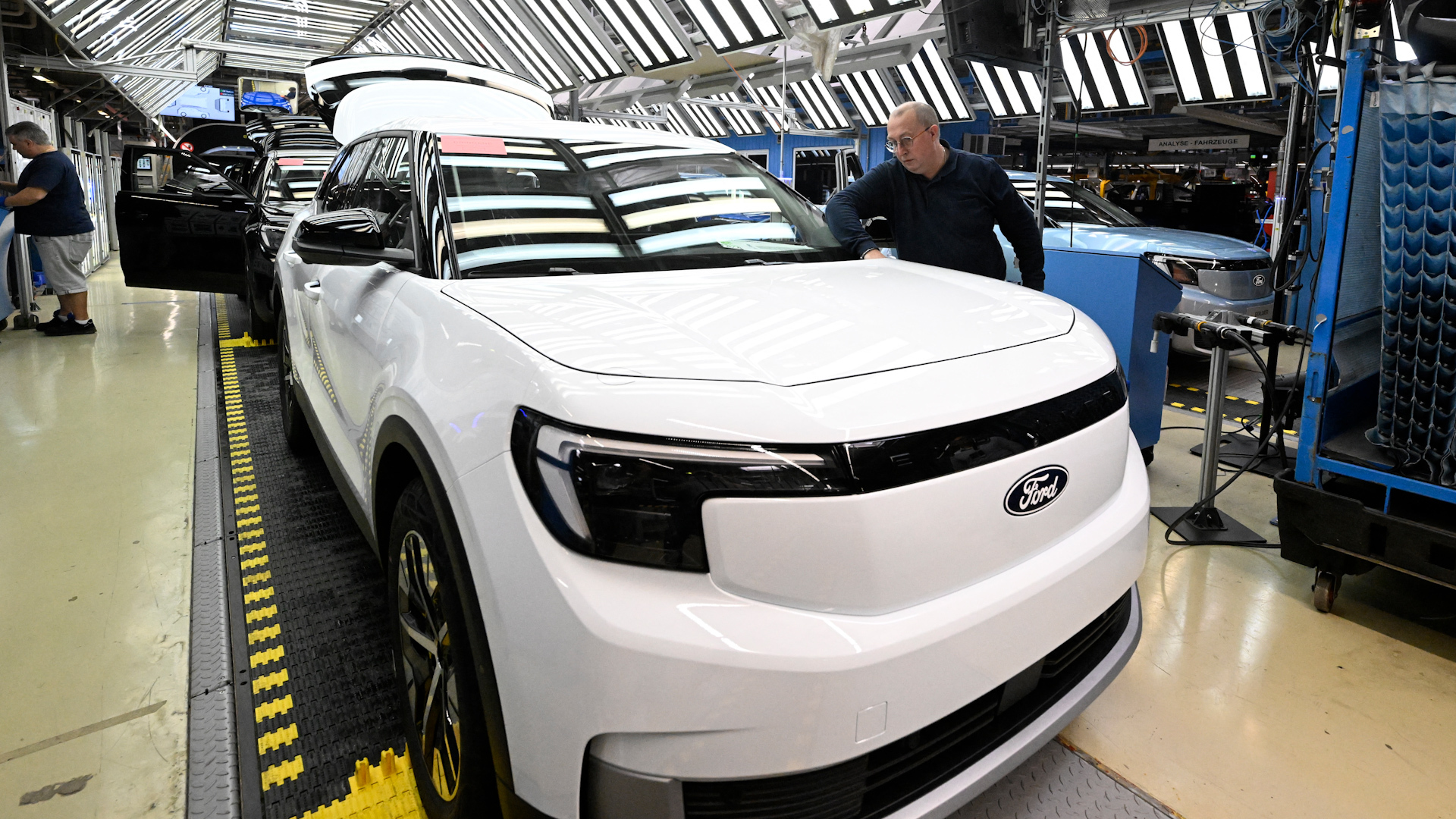Football
Romania captured the magic of Euro 2024: now we must follow their lead | Philipp Lahm

You couldn’t wish for better guests than the Romanians. First they tidied up their dressing room, then they left a letter in it: “We are leaving Germany with the feeling that we have given everything for Romania and are grateful for everything we have experienced here. We are very happy that Germany was the stage. Every game, every emotion, every experience has united us and made us feel the magic of football. It was an honour to be part of the big family of European football.”
Uefa Euro 2024 will soon be over, so it’s time for a review. I couldn’t agree more vehemently with the Romanians’ conclusion. Before they went home, they thought about why they were here. It’s exactly what we were here for: to come together, to celebrate, to switch off, to give it our all, to be there. Nothing more and nothing less.
Major sporting events have a value, and that has become clear over the past four weeks. Comparisons with the 2006 Sommermärchen (summer fairytale) are misleading. The political situation has changed. We are living in times of global crises. There was no iPhone in 2006. This device makes each of its owners a sender and receiver; the information cycle has become much shorter.
What connects 2006 with 2024 and what always applies is that the impetus came from people’s participation. All 2.7 million tickets were sold, hundreds of thousands of fans travelled to Germany and a total of six billion people will have watched.
Football remains a melting pot, as the images from the stadiums and fan zones show. Society inevitably discusses all its issues in this huge bubble. Football reaches people directly in three ways.
First, there are the sporting events. We have seen exciting matches. Countries that don’t have the best conditions were able to present and assert themselves because they formed a unity with their fans. Romania survived a preliminary round for the first time since their best times with the unique Gheorghe Hagi more than two decades ago.
France, Spain, England and the Netherlands, nations that have won a title before, made it to the semi-finals. They are led by four personalities who have worked in their organisation for years, who have had to haggle over the crucial details and deal with both victories and defeats. That is social sustainability.
The teams of Didier Deschamps, Luis de la Fuente, Gareth Southgate and Ronald Koeman have character. With Spain in particular, you can recognise a perspective on how the team will play in the coming years.
Second, there is the familiarisation with the rules. In Germany, many are still talking about a possible wrong refereeing decision. In the quarter-finals, Spain’s Marc Cucurella blocked the ball with his left hand. There was no whistle, the video assistant referee didn’t get involved. The hand will be debated for ever.
Can you always say what is fair? No, there are different opinions. If that was a bad decision against Spain, then the penalty against Denmark when the chip came up was also a bad decision. So there will never be absolute justice in football, as in politics and in life in general. As a resilient European, you have to put up with this.
Third, football reflects social debates. Europe is looking for a new meaning in these times, involving more self-preservation. It is about safeguarding our high standard of living and our rule of law. This is also changing the behaviour of the protagonists in football.
During the tournament, Kylian Mbappé twice asked his compatriots not to vote for the far right. He showed civil courage and took on political responsibility. Hardly any public figure can avoid this requirement today.
It was different when I was active. When I spoke out about the human rights situation in Ukraine in a German news magazine before the 2012 European Championship there, I was sharply criticised by Uefa’s then president, Michel Platini.
after newsletter promotion
Many things are expressed in football. What happens in the arena and on the way there have a function in our societies. Part of sport is about expressing emotions. Huge communities from all 24 participating countries celebrated their teams exuberantly in Germany, marching happily and dressed up through the city centres. Romania played twice in my home city of Munich, and the atmosphere was gigantic.
Football is an outlet. People are not just rational, they have a lot to process from everyday life. Where else is there so much singing and crying? There were also discordant tones. Some were just about bearable. In the case of the Turkish nationalistic wolf salute, on the other hand, the Uefa rule-makers imposed a penalty.
Escalation is made possible, but it takes place in an orderly manner and is regulated. The legal framework gives everyone the opportunity to develop, but not without limits. In such disputes, we in Europe define our common ground. Football is a means to an end.
I have a football background, so I saw myself as suitable for the role of tournament director. I saw it as a pleasant duty that I enjoyed. The pioneers of football had international understanding and human rights in mind. Nothing has changed in this respect, which is why I have oriented myself on them.
It is always important to set these goals, both on a small and large scale. The Olympic Games in Paris are the next opportunity. Every children’s football tournament in the village club now also has a new purpose.
Now that my term of office is coming to an end, after six intensive years and a very intense four weeks, many things have become clearer to me. In order for us to adapt to changing times, we need credible people who are committed to influential institutions. The two must come together.
Blaming institutions, as has become the norm, is too easy. Looking for culprits and resorting to resentment is the wrong approach. The world is complex. My fellow campaigner Celia Sasic and I have met people in politics, the police, the fire brigade, football clubs, the DFB (the German football federation) and Uefa who have been committed to a cause for years. That impresses me. We all have to work on that now – it’s everyone’s duty.
Philipp Lahm is the tournament director for Euro 2024. His column was produced in partnership with Oliver Fritsch at Zeit Online, the German online magazine.










